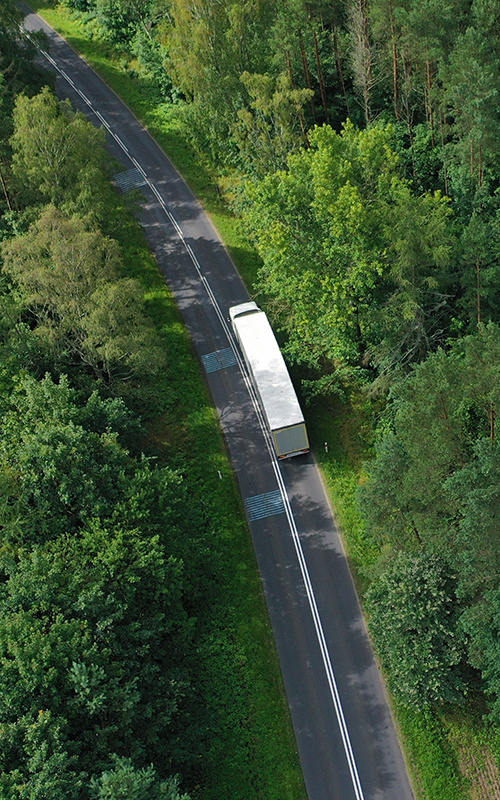The European Green Deal
What you need to know as a construction company
How will it affect you?
The European Green Deal significantly impacts companies in the construction industry in several ways:
-
Energy Efficiency Standards: Companies in the building sector are required to meet higher energy efficiency standards to reduce carbon emissions and improve sustainability. This may involve using renewable energy sources, implementing energy-efficient technologies, and enhancing building insulation.
-
Renewable Energy Integration: The Green Deal encourages the integration of renewable energy sources like solar panels, wind turbines, and geothermal heating systems into building designs. Companies need to embrace these technologies to reduce their environmental footprint.
-
Circular Economy Practices: Companies are encouraged to adopt circular economy practices in building construction and renovation. This includes using recycled materials, reducing waste, and promoting sustainable building design and construction methods.
-
Green Building Certification: Companies may need to obtain green building certifications such as LEED or BREEAM to demonstrate their commitment to sustainability. These certifications can enhance the company's reputation and attract environmentally conscious clients.
Overall, the European Green Deal pushes companies in the building industry to prioritize energy efficiency, renewable energy, circular economy practices, and sustainable building design to create a more eco-friendly built environment.
Ready to electrify your fleet?
Do you know how many of your vehicles could go electric without having to recharge during the day?
Other regulations for construction
As a construction company focusing on sustainability, there are several key EU rules, regulations, and taxonomies that you should pay special attention to. Here are some important ones:
-
EU Green Deal: The European Green Deal is a comprehensive set of policy initiatives by the European Commission aimed at making the EU's economy sustainable. It covers areas such as climate action, clean energy, biodiversity, circular economy, and sustainable agriculture. Paying attention to the Green Deal can help you align your construction practices with EU sustainability goals.
-
EU Taxonomy Regulation: The EU Taxonomy Regulation sets out the criteria for determining whether an economic activity is environmentally sustainable. It provides a classification system for sustainable activities, including those relevant to the construction sector such as energy efficiency, sustainable building materials, and biodiversity protection. Understanding and complying with the taxonomy can help you identify and promote sustainable practices within your construction projects.
-
Energy Performance of Buildings Directive (EPBD): The EPBD sets out requirements for energy performance in buildings, aiming to promote energy efficiency and the use of renewable energy sources in the construction sector. Compliance with the EPBD can help you improve the energy efficiency of your buildings and reduce carbon emissions.
-
Circular Economy Action Plan: The EU Circular Economy Action Plan aims to promote a circular economy model where resources are used efficiently, products are designed for reuse and recycling, and waste generation is minimized. Embracing circular economy principles in your construction practices can help reduce waste, lower costs, and promote sustainability.
-
Construction Products Regulation (CPR): The CPR establishes harmonized rules for the marketing of construction products in the EU. It includes requirements for the performance, safety, and sustainability of construction products placed on the market. Ensuring compliance with the CPR can help you provide safe and environmentally sustainable construction materials.
By staying informed about and adhering to these EU rules, regulations, and taxonomies, you can demonstrate your commitment to sustainability, meet regulatory requirements, and position your construction company as a responsible and forward-thinking player in the industry.
Learn more about EcoMobility
Disclaimer
Regarding when these regulations come into effect for your company, it depends on various factors such as your location, the type of transportation services you provide, and the size of your company. It is important to stay informed about upcoming regulatory changes and ensure timely implementation to avoid penalties and maintain compliance.




